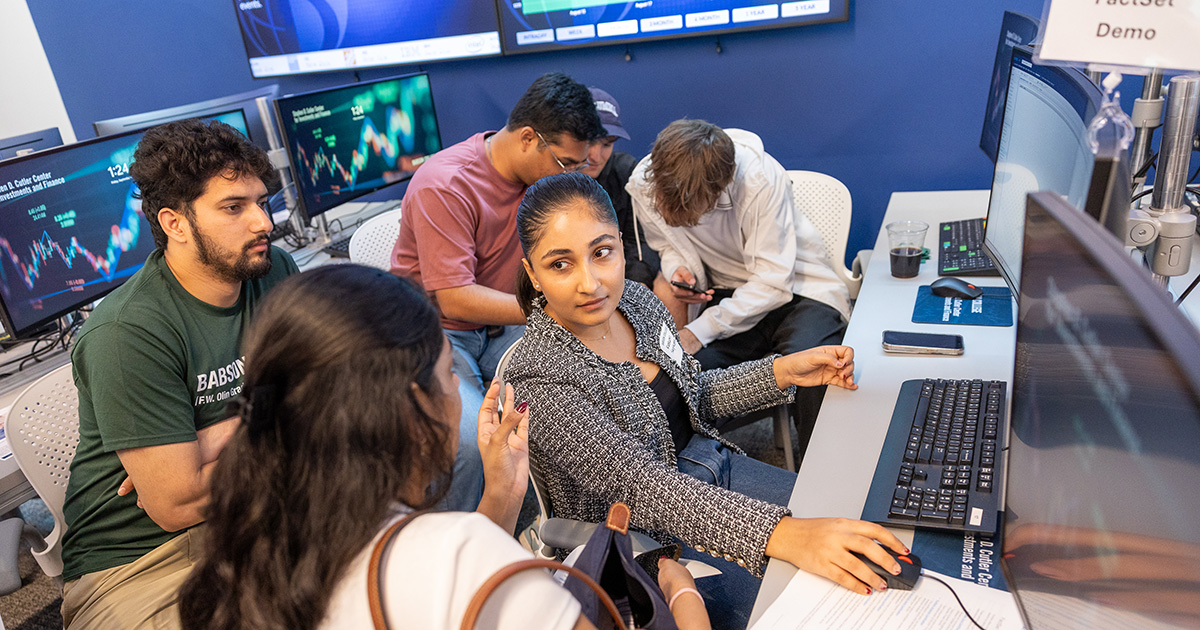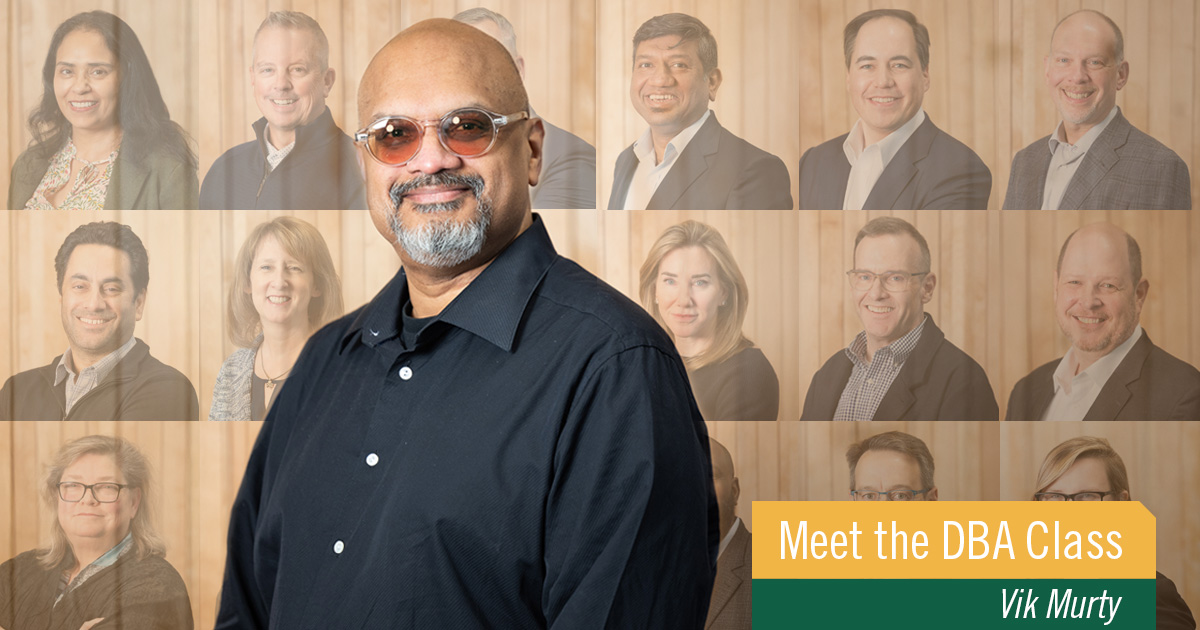Capitalism That Works For All

How can we make capitalism work for everyone? Here are ten suggestions, rooted in our research on Conscious Capitalism.
The institution of capitalism has done more to uplift humanity than any other system ever devised. However, we are living in a time when there is great distrust of business, and rising calls for an alternative approach that is more rooted in creating widespread human flourishing. Many movements have arisen in response to this, including Conscious Capitalism, Inclusive Capitalism, B Corporations, and others.
Here are ten characteristics of Conscious Capitalism – a system serves the interests of customers, employees, investors, communities, suppliers, and the environment. If we can evolve capitalism to be in harmony with these principles, we can bring modernity and prosperity to the 9+ billion people who will soon inhabit this planet. If we don’t, our survival as a species beyond the next century or two is in jeopardy.
1. Capitalism has to be about creating wealth for all
All participants in the system must benefit: owners, investors, employees, customers, suppliers, community members, or others who are impacted by the business enterprise. It cannot just be about generating profits and wealth for owners, and treating all other participants in the systems as a means to that one end.
2. Capitalism must create more than financial wealth
It is a cliché to say that we humans don’t live by money alone. As Nobel laureate Mohammad Yunus has said: “We act in business as though money is the only game in town. But, there are other games in town.” The most meaningful thing we humans can do is to have a positive impact on the lives of others. The reality is that businesses create but also can destroy at least eight kinds of wealth or well-being: financial, intellectual, social, emotional, spiritual, cultural, physical, and ecological. We must evolve to doing business in a way that generates a spectrum of positive effects, and no negative side effects.
3. Do it for the long term
Five or even 10 years is a far cry from the quarterly rhythm of most public companies. However, business decisions need to be taken with an eye to their consequences over decades, generations, even centuries. Most businesses operate as though there is no future beyond the immediate planning horizon of the company’s incumbent leaders—usually just a few years. In some Native American tribes, tribal chiefs were expected to consider the consequences of their decisions on the next seven generations—approximately 200 years. Most business leaders don’t even look seven years out.
4. Do no harm anywhere to anybody or anything
Profit is a social good. We need profits to create a healthy society that works for all. Without profits, there are no taxes, and without taxes, there is no infrastructure, no social safety net, no social mobility, no national security, and so on. It is socially irresponsible not to be profitable; the capital such businesses use could be better invested elsewhere to generate a reasonable return. However, it matters a great deal how we make the money. If a business does so by squeezing employees, suppliers, customers, communities, the environment, or future generations, then it is not truly a business; it is a parasite, worth less than nothing.
5. Don’t settle for being sustainable
Too much in our world is broken, eroding, melting away, becoming less vibrant and generative over time. If we settle for being sustainable, all we are aiming for is the ability to keep doing what we are doing indefinitely. That is not enough. We can and must heal and restore all the systems we are part of. We must reverse the declines that are all around. The highest and noblest calling is to heal all that we touch, to truly leave everything better for us having been here.
6. Define leadership as stewardship
Most leaders today are primarily motivated by the accumulation of personal power and wealth. They use other people to achieve their personal goals of accumulating wealth and power—the very definition of a tyrant! True leaders accept the awesome responsibility of leadership: to craft a compelling and inspiring vision of where we can collectively go, and devise a strategy for getting there by harnessing everyone’s capacities in the most effective way.
7. The business of business is people
Everything else should be considered a means to that end: the flourishing and holistic well-being of people.
8. Never sacrifice a higher value for a lower value
Just as Maslow defined humans’ hierarchy of needs, there also needs to be a hierarchy of values that society agrees to and operates under. The highest value is to promote flourishing and alleviate suffering, starting with humans but including all forms of life. Under a traditional interpretation of capitalism, profit is the highest value; the well-being of human beings is somewhere well down the list, and the well-being of other species is so far down as to be an irrelevancy. We put a price tag on everything; why not on suffering?
9. Human needs go beyond self-interest
We have an equally powerful, if not more powerful need to care, and we are increasingly driven by a sense of purpose. Viktor Frankl’s landmark work
Man’s Search for Meaning articulated this powerfully. He wrote that happiness cannot be pursued; it ensues. It is the outcome of living a life of meaning and purpose. That comes from three things: doing work that matters, loving without condition, and finding meaning in our suffering. The lessons translate directly to business. Companies pursue profits the way humans pursue happiness. Yet, like happiness, profits cannot be pursued; they ensue. They are the outcome of operating a business with a higher purpose, something that truly matters; of building the business on love and care, not fear and stress; and growing from adversity.
10. Use business as a way to amplify our innate need to care
As Jane Dutton has said, organizations can suppress or amplify the human capacity for caring. Our largely Darwinian organizations are places of constant strife and empty striving, rife with political intrigue and petty power plays. They leave us depleted and demoralized. Heart attacks are 20 percent higher on Monday mornings. It doesn’t have to be this way.
Posted in Insights



